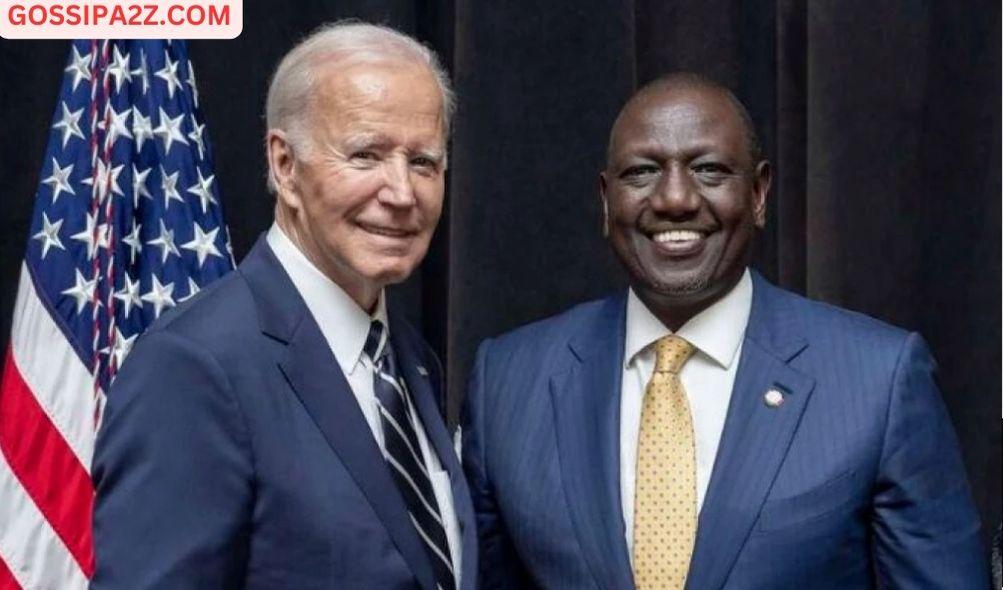1.4 Million People Affected As America Scales Down PEPFAR Funding to Kenya
The US government has condensed the President’s Emergency Plan for AIDS Relief Funds (PEPFAR) from a five-year plan to a one-year plan.
Reducing the standard five-year agreement, Republican legislators insisted that the initiative must prohibit any non-governmental organizations benefiting from PEPFAR funding from endorsing or offering abortion services.
The recently initiated scheme, contingent on funding and set to impact around 1.4 million Kenyans, is currently underway in the United States. This implementation aligns with existing legislation that prohibits the allocation of funds for abortion services.
“PEPFAR has never been an abortion program, and will never be because the 1973 Helms amendment which restricts U.S. foreign assistance programs from funding abortion abroad, “John Nkengasong, the program’s director stated.
The delay by Republicans in releasing over Ksh 160 billion resulted in a scarcity of aid in numerous countries that depend on it.
The PEPFAR officials were unable to engage in any activities because of the delays, which were caused by a lack of funds. Instead, they relied on intermittent funding provided every year.
ALSO READ:
- “Two Groups, One Agenda”: Gachagua Accuses Raila of Secret Political Deals
- Exclusive: Ida Odinga’s 75th Birthday Party in Karen (Photos)
- FKF President Discloses Exact Amount Paid to Harambee Stars Players
- Gachagua’s Ally Senator John Methu Admits Ruto Might Win 2027 Elections
- Maraga Explains Why He Hasn’t Campaigned in Kisii Despite 2027 Bid
Kenya has greatly benefited from financial support in the battle against HIV/AIDS, propelling the nation closer to achieving the United Nations’ 2025 target.
“United Nations targets at eliminating new HIV infections among children and ensure that every child living with HIV/AIDS has timely access to life-saving treatment services, “read a statement shared by the global body.
Individuals in Kenya who fall below the poverty threshold struggle to purchase Antiretroviral drugs, as the current market price of Ksh 5,000 is beyond the means of most Kenyans.
On World AIDS Day, observed annually on December 1, the Ministry of Health underscored the crucial contribution of communities in combating HIV/AIDS. The emphasis aligns with this year’s theme, advocating for community leadership under the slogan “Let Communities Lead.”
“Communities are the pulse of change in addressing the complexities of HIV/AIDS. Their collective knowledge, resilience, and advocacy drive crucial advancements in prevention, treatment, and support systems. Empowering communities isn’t merely a mantra but a fundamental approach in shaping sustainable, inclusive responses,” MoH stated.
1.4 Million People Affected As America Scales Down PEPFAR Funding to Kenya
